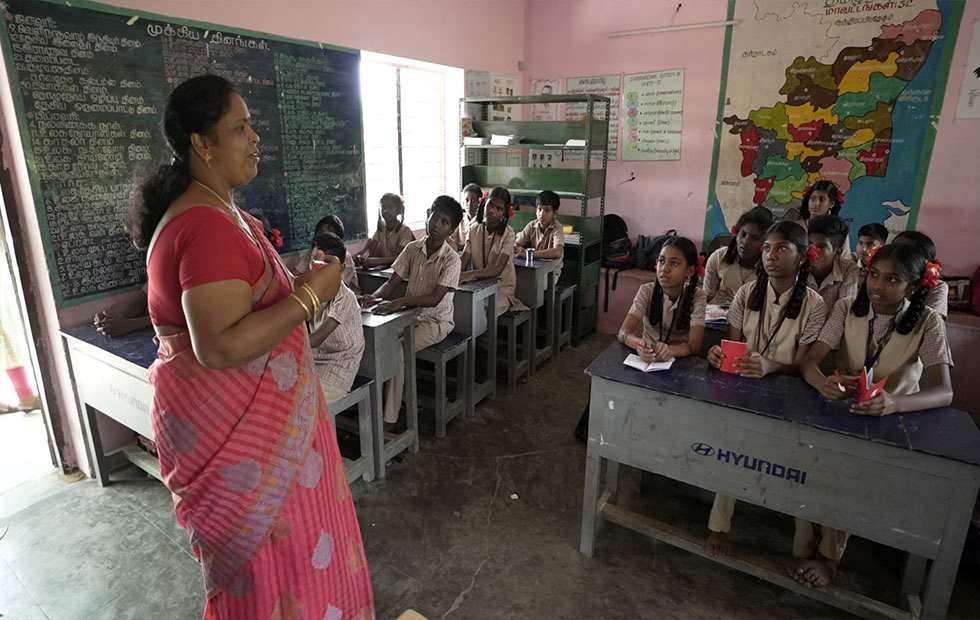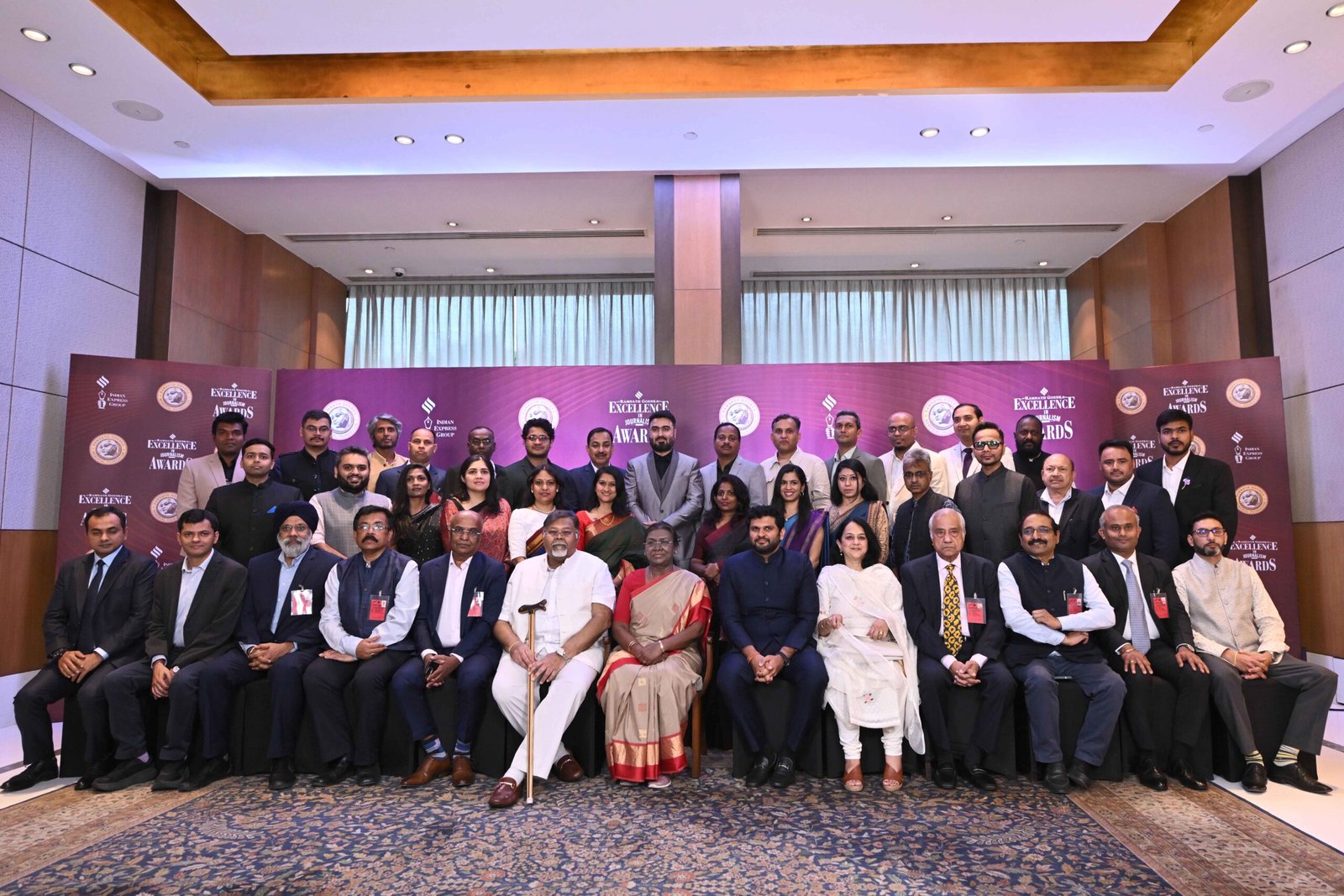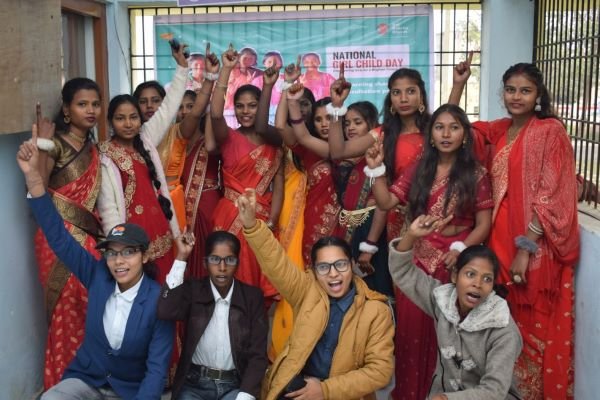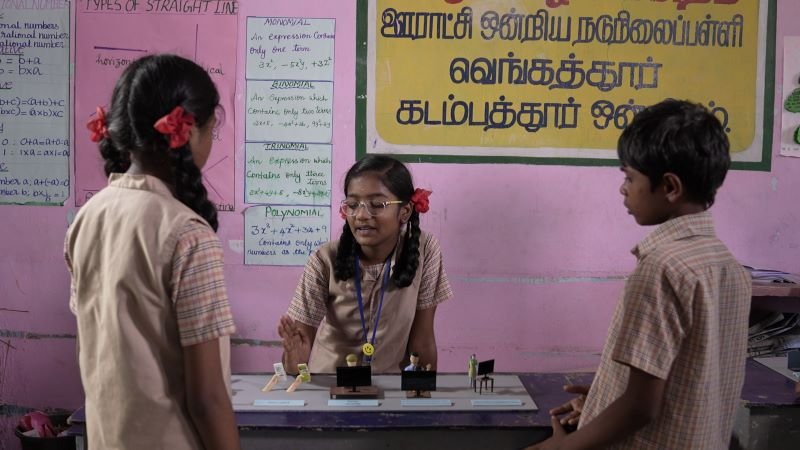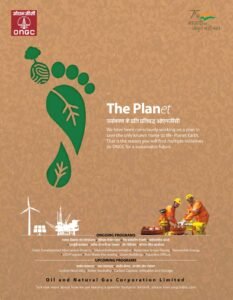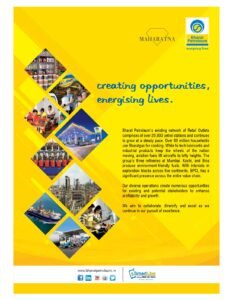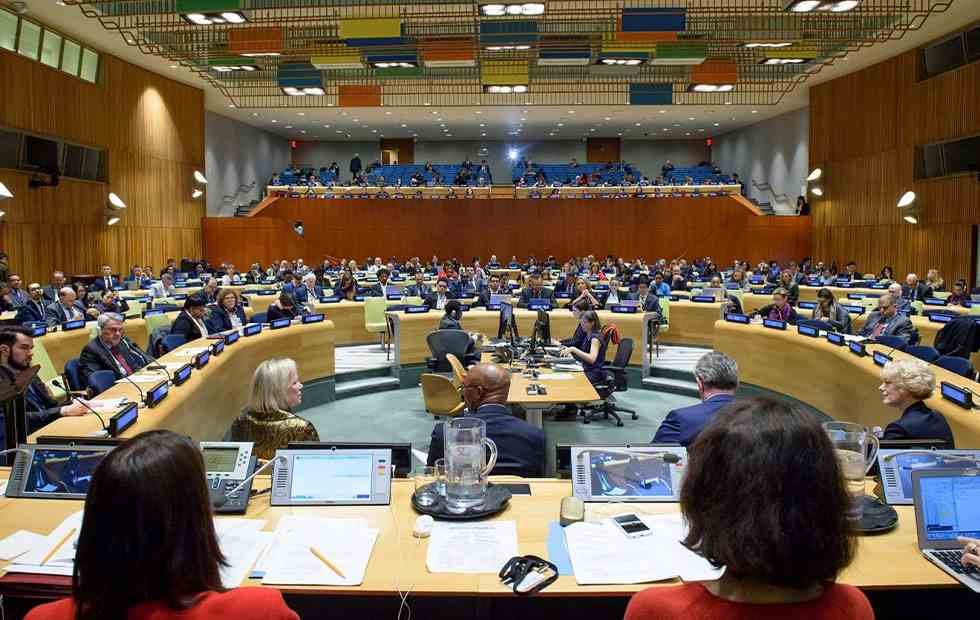
The 2025 Partnership Forum of the Economic and Social Council (ECOSOC Partnership Forum), held on 5 February 2025, at the United Nations Headquarters in New York marked the first major event of the ECOSOC calendar. The one-day mega event, chaired by the ECOSOC President, H.E. Mr. Bob Rae, convened under the theme, “Advancing sustainable, inclusive, science- and evidence-based solutions for the 2030 Agenda for Sustainable Development and its Sustainable Development Goals for leaving no one behind.” The forum placed a special emphasis on the Sustainable Development Goals (SDGs) that will be reviewed at the 2025 high-level political forum on sustainable development (HLPF), namely Goal 3 (Good Health and Well-being); Goal 5 (Gender Equality); Goal 8 (Decent Work and Economic Growth); Goal 14 (Life Below Water); and Goal 17 (Partnerships for the Goals).
In his opening remarks, H.E. Mr. Bob Rae said, “The Pact for the Future, as well as the SDG Political Declaration of 2023, have offered us opportunities to define a common vision for multilateral action going forward. At the heart of that vision is Partnership. Partnerships are multipliers allowing each of us to go further and amplify individual efforts and make them collective ones.”
The 2025 ECOSOC Partnership Forum highlighted and discussed forward-looking actions by governments and other stakeholders through innovative partnerships aimed at mobilizing commitments and advancing the 2030 Agenda for Sustainable Development while addressing new challenges.
Discussions reflected insights from previous global engagements, including the 2023 SDG Summit and the 2024 High-Level Political Forum, where it was observed that, despite persistent challenges, effective multistakeholder partnerships continue to drive progress in sustainable development. The Pact for the Future, adopted by the UN General Assembly as Resolution 79/1 in September 2024, further reinforced the critical role of partnerships in addressing global challenges.
SDG 8: Promote sustained, inclusive and sustainable economic growth, full and productive employment and decent work for all
A number of partnerships have been launched to address key challenges and advance SDG 8. The Global Accelerator on Jobs and Social Protection for Just Transitions was launched to promote decent work opportunities in the green, digital, and care economies while extending social protection to marginalized populations. Similarly, the Productivity Ecosystems for Decent Work initiative focuses on overcoming barriers to productivity growth and facilitating job creation. Additionally, the UNIDO Learning and Knowledge Development Facility (LKDF), structured as a public-private development partnership, aims to enhance industrial skills training, with a particular emphasis on supporting youth and women in developing countries.
SDG 5: Achieve gender equality and empower all women and girls
A key area of focus during the forum was gender equality, with discussions on leveraging gender-disaggregated data to craft more effective policies and interventions. Strategies for mobilizing financial resources, including public funding mechanisms and governance frameworks, were explored to strengthen gender equality efforts, with a particular emphasis on feminist funds and grassroots initiatives. Local partnerships were recognized as crucial drivers of change, demonstrating how communitybased collaborations can significantly advance SDG 5 at the grassroots level. Case studies showcasing successful multi-stakeholder partnerships further illustrated the tangible progress being made toward gender equality.
SDG 3: Ensure healthy lives and promote well-being for all at all ages
Health remained a central theme at the forum, with calls for renewed commitment to accelerating SDG 3 as both a fundamental component and an indicator of sustainable development. Effective crosssectoral and multi-stakeholder partnerships were deemed essential for addressing health inequalities, securing sustainable financing, and strengthening universal health coverage through primary healthcare approaches. Additional discussions highlighted the importance of pandemic preparedness, health innovations, and equitable access to medical technologies. Recognizing the role of digital transformation, participants underscored how artificial intelligence and digital health solutions can contribute to improving healthcare delivery, particularly in fragile settings. These efforts align with broader commitments outlined in the 2023 SDG Declaration and the 2024 Pact for the Future, as well as key UN health-related agreements.
SDG 14: Conserve and sustainably use the oceans, seas and marine resources for sustainable development
Addressing SDG 14 the forum highlighted the importance of innovative partnerships to drive action. Transformative ocean science solutions were showcased, demonstrating how scientific advancements can contribute to protecting and restoring marine ecosystems. These efforts align with international frameworks such as the Pact for the Future, the 2030 Agenda for Sustainable Development, the Paris Agreement, and the Kunming-Montreal Biodiversity Framework.
Additionally, recommendations were proposed for the upcoming Science, Technology, and Innovation (STI) Forum, the 2025 High-Level Political Forum, and the 2025 UN Ocean Conference to further enhance collaborative efforts in ocean conservation.
During the closing session, Ms. Lotta Tähtinen, Director of the Office for Intergovernmental Support and Coordination at DESA, reflected on the forum’s significance, stating, “the ECOSOC Partnership Forum serves as a pivotal platform, engaging all actors, showcasing good practices and offering the opportunity to accelerate collective efforts toward a sustainable and equitable future for all. Our department, UN DESA, stands ready to support you.”


